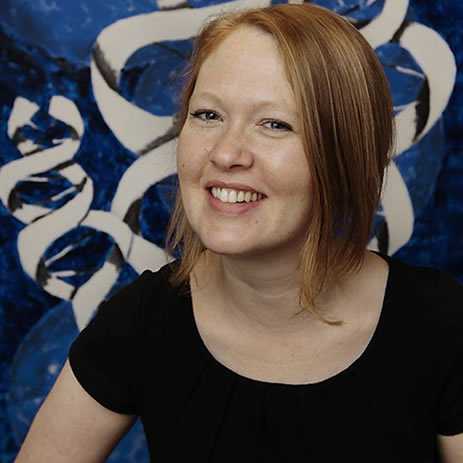The way we develop, adopt, regulate and accept artificial intelligence is embedded in our societies and cultures. Our narratives about intelligent machines take on a flavour of the art, literature and imaginations of the people who live today, and of those that came before us. But some of us are missing from the stories that are told about thinking machines. A recent paper about forgotten African AI narratives and the future of AI in Africa shines a light on some of the missing narratives.
In the paper, Damian Eke and George Ogoh point to the fact that how artificial intelligence is developed, adopted, regulated and accepted is hugely influenced by socio-cultural, ethical, political, media and historical narratives. But most of the stories we tell about intelligent machines are imagined and conceptualised in the Global North. The paper begs the question whether it is a problem? And if so, in what way? When machine narratives put the emphasis on technology neutrality, that becomes a problem that goes beyond AI.
What happens when Global North narratives set the agenda for research and innovation also in the Global South, and what happens more specifically to the agenda for artificial intelligence? The impact is difficult to quantify. But when historical, philosophical, socio-cultural and political narratives from Africa are missing, we need to understand why and what it might imply. Damian Eke & George Ogoh provide a list of reasons for why this is important. One is concerns about the state of STEM education (science, technology, engineering and mathematics) in many African countries. Another reason is the well-documented issue of epistemic injustice: unfair discrimination against people because of prejudices about their knowledge. The dominance of Global North narratives could lead to devaluing the expertise of Africans in the tech community. This brings us to the point of the argument, which is that African socio-cultural, ethical and political contexts and narratives are absent from the global debate about responsible AI.
The paper makes the case for including African AI narratives not only into the research and development of artificial intelligence, but also into the ethics and governance of technology more broadly. Such inclusion would help counter epistemic injustice. If we fail to include narratives from the South into the AI discourse, the development can never be truly global. Moreover, excluding African AI narratives will limit our understanding of how different cultures in Africa conceptualise AI, and we miss an important perspective on how people across the world perceive the risks and benefits of machine learning and AI powered technology. Nor will we understand the many ways in which stories, art, literature and imaginations globally shape those perceptions.
If we want to develop an “AI for good”, it needs to be good for Africa and other parts of the Global South. According to Damian Eke and George Ogoh, it is possible to create a more meaningful and responsible narrative about AI. That requires that we identify and promote people-centred narratives. And anchor AI ethics for Africa in African ethical principles, like ubuntu. But the key for African countries to participate in the AI landscape is a greater focus on STEM education and research. The authors end their paper with a call to improve the diversity of voices in the global discourse about AI. Culturally sensitive and inclusive AI applications would benefit us all, for epistemic injustice is not just a geographical problem. Our view of whose knowledge has value is powered by a broad variety of forms of prejudice.
Damian Eke and George Ogoh are both actively contributing to the Human Brain Project’s work on responsible research and innovation. The Human Brain Project is a European Flagship project providing in-depth understanding of the complex structure and function of the human brain, using interdisciplinary approaches.
Do you want to learn more? Read the article here: Forgotten African AI Narratives and the future of AI in Africa.

Written by…
Josepine Fernow, science communications project manager and coordinator at the Centre for Research Ethics & Bioethics, develops communications strategy for European research projects
Eke D, Ogoh G, Forgotten African AI Narratives and the future of AI in Africa, International Review of Information Ethics, 2022;31(08).
We want to be just






Recent Comments